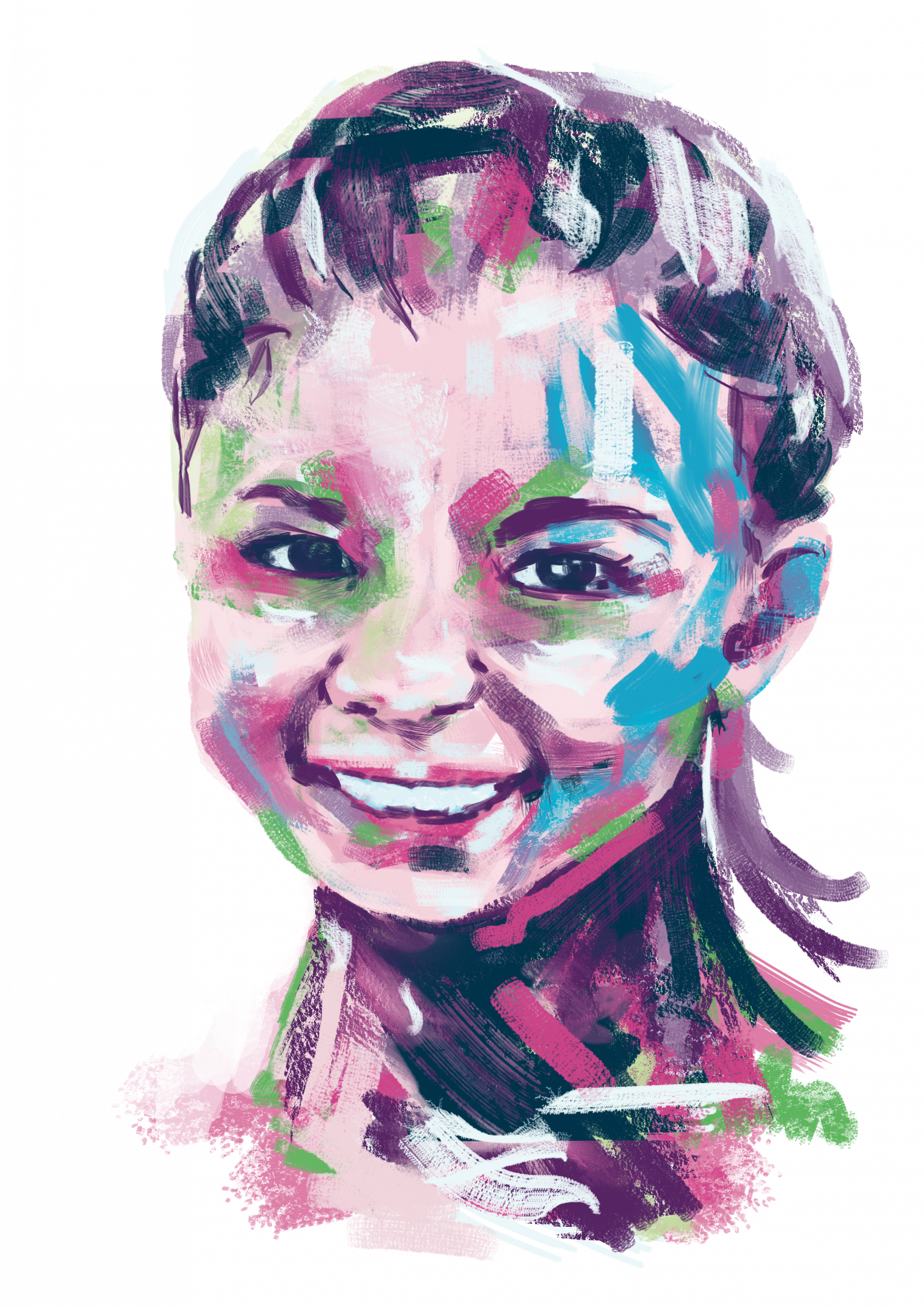My 5-year-old daughter, Angelina, is living with CASK-gene related disorders – more precisely, she is living with an X-linked intellectual disability, microcephaly with pontine and cerebellar hypoplasia (MICPCH). There are many reasons which make Angelina unique – but concerning the rare disease mentioned, there are only 50 cases known worldwide.
Dancing and watching cartoons, like the Wiggles, are Angelina’s favourite things to do. Watching Angelina dance is something that is so special and honestly our hearts burst when we watch her. To anyone else this is something that you may watch a child do and then continue on doing what you are doing, but to us it is so much more – it is watching her have the ability to move and smile and be happy in that moment. Angelina’s big brother is very proud of her, she loves to play and draw with him. Watching Angelina playing with toys and interacting with her older brother also bring my husband and I a lot of joy.
Walking in a shopping centre can be difficult for Angelina at times – as she is still learning to fasten her pace. Walking on different surfaces can also be difficult say in a park as she cannot simply move from grass to a footpath quickly – it takes time to think about how to step on different surfaces and for her remember to look at where she is stepping. Being able to feed & dress herself and to request essential items, like water or food if she is hungry, is difficult. If it is not placed in front of her to point at or verbalise a sound that we understand she will not ask for it.
Angelina’s rare disease has enabled both my husband and I to use our legal skills and not only research daily but establish a Foundation that purposes include to advance innovations in medical research related to nature, diagnosis, prevention and treatment of the CASK (being her rare disease). We also share our experience with others, to not only create exposure about children with disabilities that may not necessarily be visible but also create awareness that a diagnosis does not always define a child’s outcome or abilities.
Life changed dramatically once Angelina was born – she consumes a lot of our lives and that means that I can no longer meet up with friends as I used to, or if I do, I may cancel at the last minute – however I have been lucky enough to have a group of friends who understand this and still at least once a day check to see how I am going and if I need anything. Those types of check ins can really help on the difficult days, where I may feel isolated in my own world and alone.
My mum, dad, & sister were there the moment I arrived home from my 34-week ultrasound when we were told that Angelina was missing part of her brain and that we had an option to terminate. The emotional support & the assurance that they would assist me in whatever was to come, provided a comfort that words cannot describe. Once Angelina was born, they took an active role in her therapy – as therapy was not only at a Therapist Centre but we continued with it at home daily and we would split the therapy between us all, so it continued without fail on a daily basis. I truly believe that this and the great love that both our families provided and still provide Angelina is what has helped her develop with such fierceness and determination.
